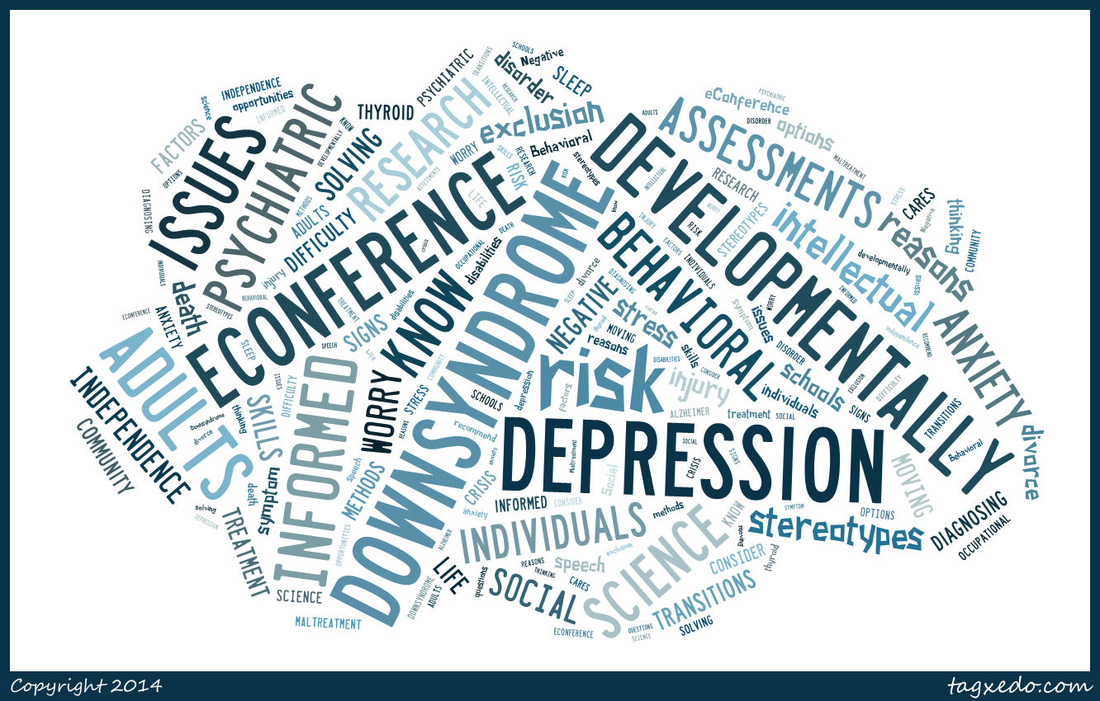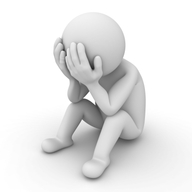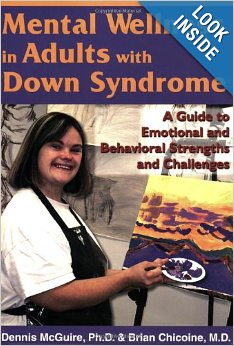|
As someone who has battled with depression, the thought of it attacking my otherwise joyful son is not something I want to even consider. However, the science shows that it is possible, and maybe even a bit more likely, so I decided to attend the 321 eConference on Depression in People with Down Syndrome to find out what I should know and be looking for.
|
Ruth C. Brown, Ph.D.
Risks for People who have Down syndrome
Dr. Brown talked about the increased risk for adults vs. children and gave several reasons why this might be true;
- Social exclusion
- Maltreatment
- Limited occupational opportunities / independence
- Decreased problem solving skills
- Negative stress – death, injury, divorce
- Life transitions – moving, new schools
Another aspect of depression in our community is the difficulty in diagnosing the disorder. There are several factors that make traditional methods harder to use including limited speech and the possibility that depression could be a symptom of other issues like Alzheimer’s, thyroid issues, or sleep problems.
Overall, the session was very informative and it got me really thinking about what I need to do to make sure this doesn’t become a problem for my son. I would recommend the session to anyone who cares for an adult who has Down syndrome. With the session you get access to Dr. Brown’s session slides. It’s always better to be informed about what to look for and what to rule out before a crisis occurs.
The session is available through the 321 eConference Digital Library for those who attended Friday’s sessions. If you missed the conference there’s still time to purchase access to all of the recorded sessions. See the 321 eConference, or 321 eLearning sites for details. The library will be available until May 2nd.
Additional Resources:
Depressive Disorders in Adults with Down syndrome – D. McGuire/B. Chicoine (1996)
|
Drs. McGuire and Chicoine wrote THE book. |




